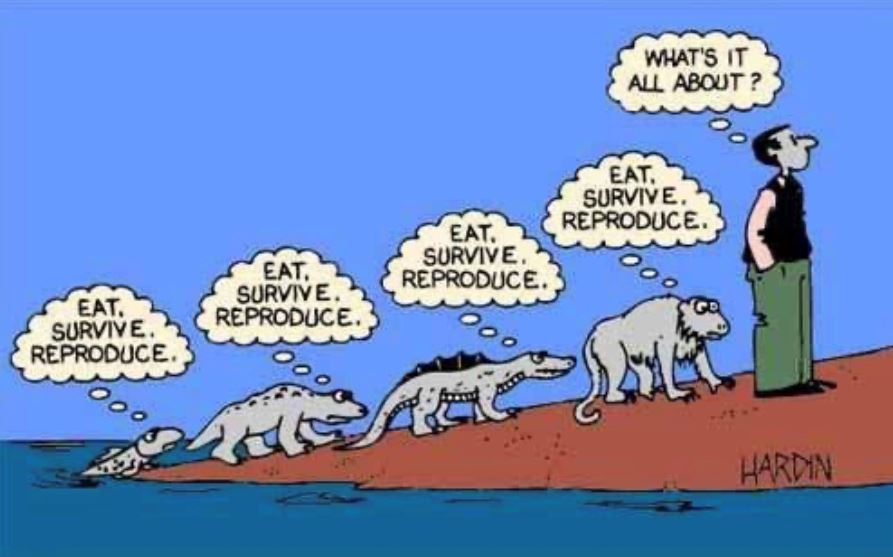
During my months-long, anarchic covid lockdown in America, I’ve had a chance to rewatch, reread, and rethink movies, video clips, books, and notes that were yellowing and dusted in my slush piles. Among them was a 1995 music video (MV) “Earth Song” featuring Michael Jackson. The global success of this MV has stood the test of time. At the time the melodramatic visual of man-made destruction of the Planet Earth and Jackson’s give-it-all performance reached as far as my birth country China, where its gatekeeping of foreign trade and cultural influence was just loosening. “Earth Song” revealed to viewers regardless of age, gender, race and national origin that mankind is a powerful species, perhaps, a cut-throat kind that would cause havoc for dominance.
That was my early reckoning of the Anthropocene—the age of man—a name coined by Dutch Nobel chemistry laureate Paul Crutzen, a name that was introduced to me during my magical thinking in the XMNR program.
The covid lockdown has ruined many of our plans in 2020. Is the cause of our loss man-made? I ask myself. My longest self-imposed confinement also surprised me that how adaptable humanity is. As long as we develop a new pattern of living, or forming a habit, we are pretty much on autopilot every day. Reading, thinking, and writing predominate my solitary life this year. I’m a living proof of a rigorous routine tracker. I bet your pre-covid commute to office and school was a habitual pattern as well. So was your moveable feast during travels. If you need a piece of reaffirmation from a heavyweight, Scott Kelly’s tips on isolation in space is enlightening. In the covid months, Zoom meetings become part of our life just as wearing our masks in public.
Because of our abrupt halt of economic activities, we had experienced a brief moment of unintended rewilding this year, or better, a mirage of human harmony with nature. From deer wandering through Nana streets in Japan and monkeys brawling in the absence of tourists in Lopburi, Thailand, to dolphins appearing in Venice’s canals and villagers in northern Punjab India seeing the Himalayas clearly for the first time in almost 30 years as a result of clearer air quality from India’s lockdown, they remind me on a daily basis that humans are dependent on nature for physical and mental survival. No one would disagree that covid hit hard tourism which supports low-income people’s livelihoods, the middle class’s mental health, and upper class’s luxury lifestyle. We are far apart and yet we are so close. It is because of globalization of goods and services and the Internet of Things (IoT).
On the other side of world where IoT is primitive to non-existent, I saw humanity’s fragility and hunger for basic needs. Those necessities and wants are no different from the rich world. Just a click under my fingertip, I traveled to South Africa where informal settlements like ant colonies were strewn close by the high-rise buildings. That overcrowding scene was not typical of what I saw in Mumbai, India or South Tarawa, Kiribati, with the help of Google Earth and other technological tools. At some point in the history of the Anthropocene, the rich world has gone through the periods of development that the poor countries are pursuing. And the hard truth is the wealth and health of the rich world is largely built on the overexploitation of resources and offloading of pollution in the poor countries.
As the Bard quipped: “We suffer a lot the few things we lack and we enjoy too little the many things we have.” I’d add, we suffer a lot the little we know about our past and we enjoy too little the many mistakes we repeat. The minute we are born on this planet, history is recording every second of our activities and behaviors. In David Attenborough’s latest documentary film, A Life On Our Planet (2020), the nonagenarian natural historian has sounded the most gut-wrenching alarm yet of his witness statement for the natural world. “The way we humans live on earth is sending it into decline,” he warned.
A quarter of a century following the release of the MV “Earth Song,” human activities of poaching and deforestation in the fossil fuel-based economy that appear in the MV have not ceased. Whether it is during Europe’s Age of Discovery or today’s digital era that divides us between the haves and have-nots, no one would disagree that we are still the same warm-blooded, social animals. We are yearning for connectivity and yet vying for dominance. Living on the same planet with other non-human species, we are not that different from what we think.
